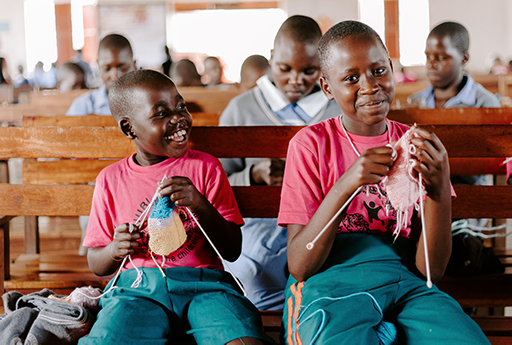2 Communities

When groups of people come together online around a particular topic or job role, they are often referred to as communities. Communities are more bounded than networks. There is usually some restriction on membership and, as a result, a greater degree of trust between members. For example, to be part of a community of physics lecturers, you would need to be employed in that role or to have worked in that role. You would be more likely to trust the views of a member of that community on physics and related subjects than a member of the general public.
Communities can be central to helping to develop an approach to online education. For example, educators can seek guidance from their teaching community about how to design an online activity or find out who the experts are in a specific field of practice. Whatever your reason for seeking contact with others in the field, participating in a relevant community can be of great value, and it can lead to personal skills development, exchanging knowledge and developing practice.
